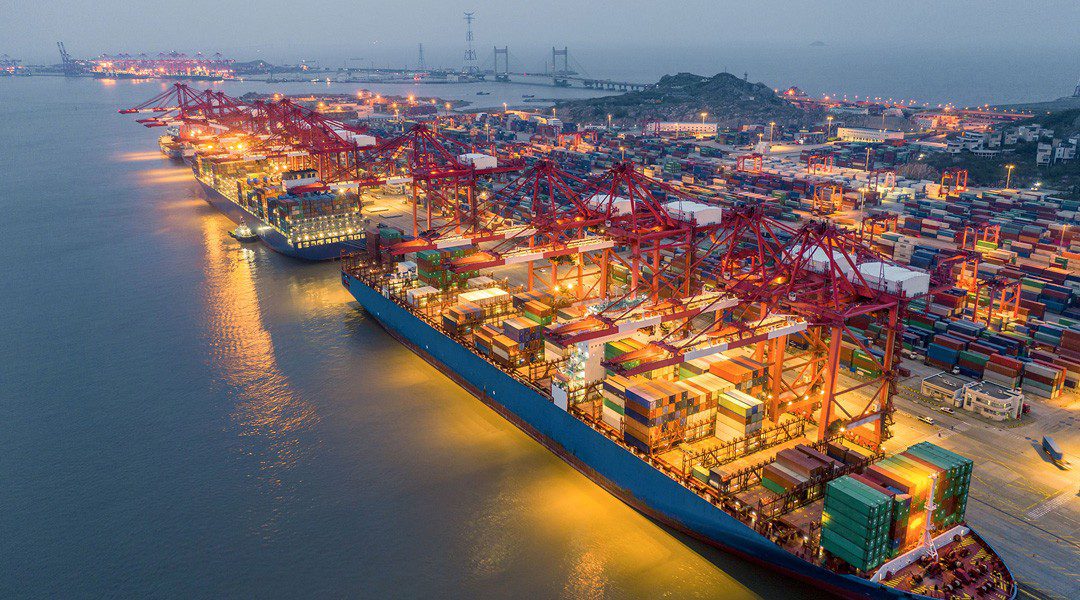Cruise Lines International Association (CLIA) released the results of its 2022 Global Cruise Industry Environmental Technologies and Practices Report, showing progress towards achieving the industry’s vision of net-zero carbon cruising globally by 2050.
The 2022 report reinforces the cruise industry’s credentials as an innovator and early adopter of environmental technologies. Examples cited include the increasing number of vessels launching over the new few years that will be able to incorporate zero-emissions propulsion when available as well as the growing investment to equip ships to plug in to shoreside electricity where available.
In fact, more than 15% of the vessels to be launched in the next five years will be equipped to incorporate fuel cells or batteries, and 85% of CLIA-member ships coming online between now and 2028 will be able to plug in to shoreside electricity, allowing engines to switch off at berth for significant emissions reduction.
The cruise industry continues to lead the way by investing billions to incorporate new technologies, accelerate development of sustainable marine fuels – in particular, engines capable of using sustainable marine fuels – and enable shoreside electricity connectivity on existing and new ships
President, and CEO, CLIA, Kelly Craighead said.
Despite progress made, the report makes clear that a transition to sustainable marine fuels remains essential to achieving the maritime industry’s decarbonization goals and underscores the urgent need for governments to support research efforts to accelerate development of these fuels so that they are safe, viable and available for use at scale.
To that end, CLIA is a supporting organization to the Getting to Zero Coalition’s Call to Action for Decarbonization of Shipping. This support is in addition to the leadership of its individual cruise line members and their partnerships with a number of other coalitions and organizations that are working to find critical decarbonisation solutions.
The cruise industry has always been and will continue to be at the cutting edge of innovation when it comes to environmental and maritime technologies
stated said Chairman of CLIA Global, Pierfrancesco Vago, adding that “for this next phase of our journey to net-zero as an industry, we now need clear support from governments and policy-makers to ensure that the right infrastructure is developed also on land and to encourage the investment and innovation that will be required for the development of sustainable marine fuels at scale.”
The report notes that CLIA ocean-going cruise lines continue to progress reductions in emissions:
The industry’s commitment to pursue net-zero carbon cruising by 2050, announced earlier this year, is consistent with the target set by the Paris Agreement, and is supported by the industry’s intermediary objective to reduce the rate of carbon by 40% across the global fleet by 2030, compared to 2008, which is consistent with the International Maritime Organization’s (IMO) Initial Strategy for GHG reduction.






